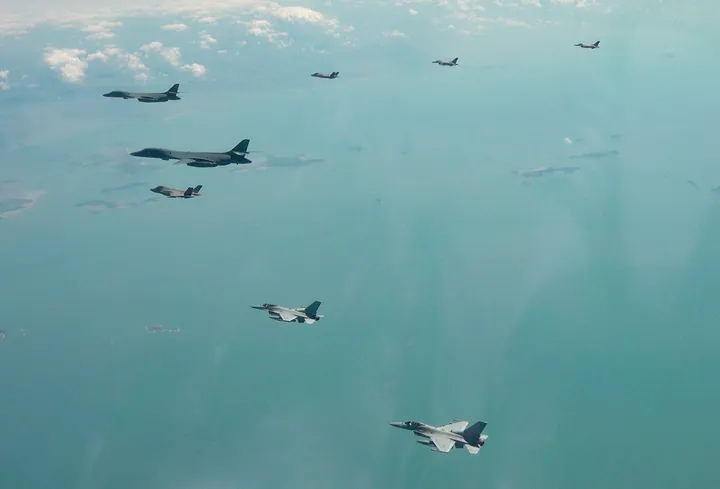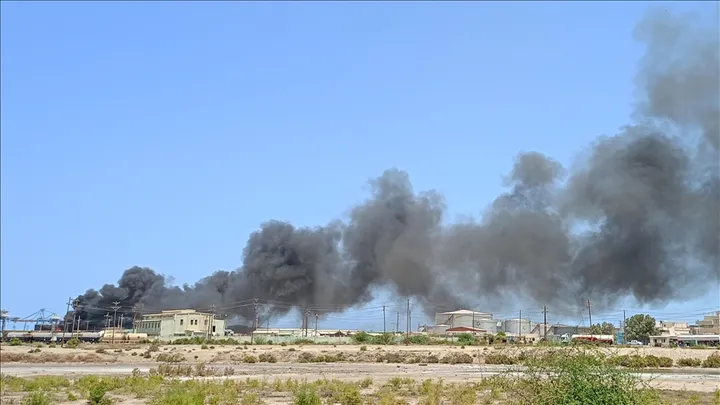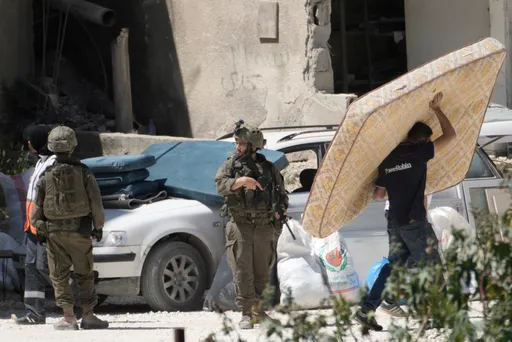It is hard to balance a see-saw when you have a ton of bricks on one side and not even a feather on the other. That is how one-sided the Western media reveals itself to be when it reports on Türkiye.
In the run-up to the elections in Türkiye, we are seeing more articles about the upcoming contest. Well-established media outlets such as Time, the FT and BBC are publishing articles which are typically heavy in their criticism of President Recep Tayyip Erdogan.
These articles all talk about aspects of Erdogan’s rule that they claim have hampered Türkiye over the past twenty years. However, they present a one-sided perspective that fails to present the fuller, brighter picture – all the while manipulating what it shows to suit its aim of preserving and expanding ‘liberal’ Western hegemony.
There is plenty of criticism of alleged media restrictions, economic turbulence and so-called confrontational foreign policy. There is, however, no explanation of the Turkish state’s perspective for why such things are happening. Beyond this, no light is shed on the positive social changes in Türkiye that have taken place over the past twenty years.
Firstly, much of the population of Türkiye consists of practising Muslims. When Türkiye was created as a nation-state after the end of the Ottoman Empire, it was created as a secular state which, in many ways, restricted Islam.
Women were prevented from wearing headscarves, and men from wearing traditional Islamic headgear. Erdogan scrapped the ban on headscarves in public institutions, thus contributing to the educational, social and economic advancement of women. However, such progress has been written off by liberal media outlets as Erdogan’s pandering to religious conservatives.
There has also been little acknowledgement of one of the most important factors of Erdogan’s 20-year rule: there have been no military coups under his rule. This stability has been one of his greatest contributions to democracy, yet he is often accused of having ‘eroded democracy’.
There is little to no contextualisation of how he brought the country into economic prosperity over the past two decades by investing in infrastructure and helping to bring the sidelined conservative Muslim population to the centre of society. This he did by removing the hijab ban to allow more women access to higher education and changing university entrance requirements to enable entry for pupils from religious schools as well as make religious schooling accessible to those at the middle school level and not just high school.
This has resulted in higher than average test scores and increased teacher numbers which the Organization for Economic Co-operation and Development described as ‘remarkable’. However, websites like Politico describe this as “creeping Islamisation”.
So, writing off Erdogan’s appeal to pious conservatives as being at odds with social advancement is not balanced journalism.
Another of Erdogan’s achievements over the past two decades that gets an insufficient mention in Western media is the legalisation of the Kurdish language in Türkiye. Under the AK Party, the Kurdish language began being taught in state schools. They also removed the ban on Kurdish names for people and villages. In 2009, university-level Kurdish language courses were offered for the first time in the history of the republic.
However, media reports often refer to Türkiye’s so-called crackdown on Kurds. Yet Erdogan has stated on numerous occasions that Türkiye is fighting with a terrorist organisation-the PKK- and not the Kurds as an ethnic group whom he describes as brothers.
Western media often presents the PKK as being representative of the Kurds as a whole, but this is not true. The PKK is a terrorist organisation seeking to disintegrate Türkiye. They have a specific ideology which most Kurds do not support. Many Kurds support Erdogan, and their votes helped him win the 2018 presidential election.
The Western media’s bias was further revealed in its reporting on religious minorities that it claims are marginalised. The example of ancient churches being converted into mosques is often used. Yet Erdogan has overseen the building of the first new church to be built in Türkiye - the Syriac Orthodox Mor Ephrem Church - since its creation as a nation-state. In addition, Türkiye has restored and reopened many churches since Erdogan came to power in 2003.
As President Erdogan himself has previously stated, there is a place of worship for every 460 non-Muslims in Türkiye compared to one mosque for every 20,000 Muslims in Europe.
In 2020, the Armenian Apostolic Patriarch of Istanbul said: “All minorities in Türkiye agree… we are experiencing the most comfortable era during the Justice and Development Party (AK Party) administration since the founding of the Turkish Republic.”
Another example of biased reporting by Western media is the 2022 Istiklal Bombing in Istanbul. Although it was a clear act of terrorism, The New York Times focused on how the incident would affect the morale of tourists and prevent foreigners from visiting the country.
Similarly, the Guardian’s coverage of Turkey’s 2018 elections was also criticised for its biased approach. It focused on the defeated candidate and downplayed the president’s win.
The Daily Telegraph’s coverage of the election also suggested that the opposition had no chance to compete, casting doubt on the election’s legitimacy. However, all Turkish elections have been overseen by international observers, who had praised the fairness of the ballot. Such biased reporting uses powerful frames to create an adversarial relationship between the West and Türkiye.
In contrast to the values of democracy, many Western media outlets portrayed the July 2016 failed coup attempt in a positive light, despite the fact that 251 Turkish citizens were killed by rogue soldiers.
Finally, in Western media, Erdogan is often presented as someone whose foreign policies are a danger to the region and the broader world. From protecting Türkiye against the PKK in northern Syria and Iraq to helping Azerbaijan reclaim its territory, the Western media frames such actions as unnecessary hostilities.
But Ankara doesn’t get the credit it deserves for its crucial role in negotiating the grain deal between Russia and Ukraine. This deal allows Ukraine to export vital foodstuffs to countries worldwide, including some of the poorest nations at risk of famine, such as Somalia. The deal has also reduced food prices for millions of people amid a growing cost-of-living crisis.
Beyond this, rarely is there any mention of the investments and development projects Türkiye is pursuing in Africa. Its initiatives are welcomed in Africa for not being as exploitative as those of China and former Western colonialists.
Projects have included East Africa’s largest sports facility in Rwanda, a high-speed railway in Tanzania, a 400km railway in Ethiopia, and the first railway to be built in Senegal, all bringing increased employment opportunities. The total value of Türkiye’s investments in Africa is currently $7 billion.
Media outlets which omit such information from their one-sided reports claim to champion balance. They are critical of other outlets and countries where they claim the media lacks objectivity. Yet their reporting on Türkiye reveals they themselves do what they accuse others of.























